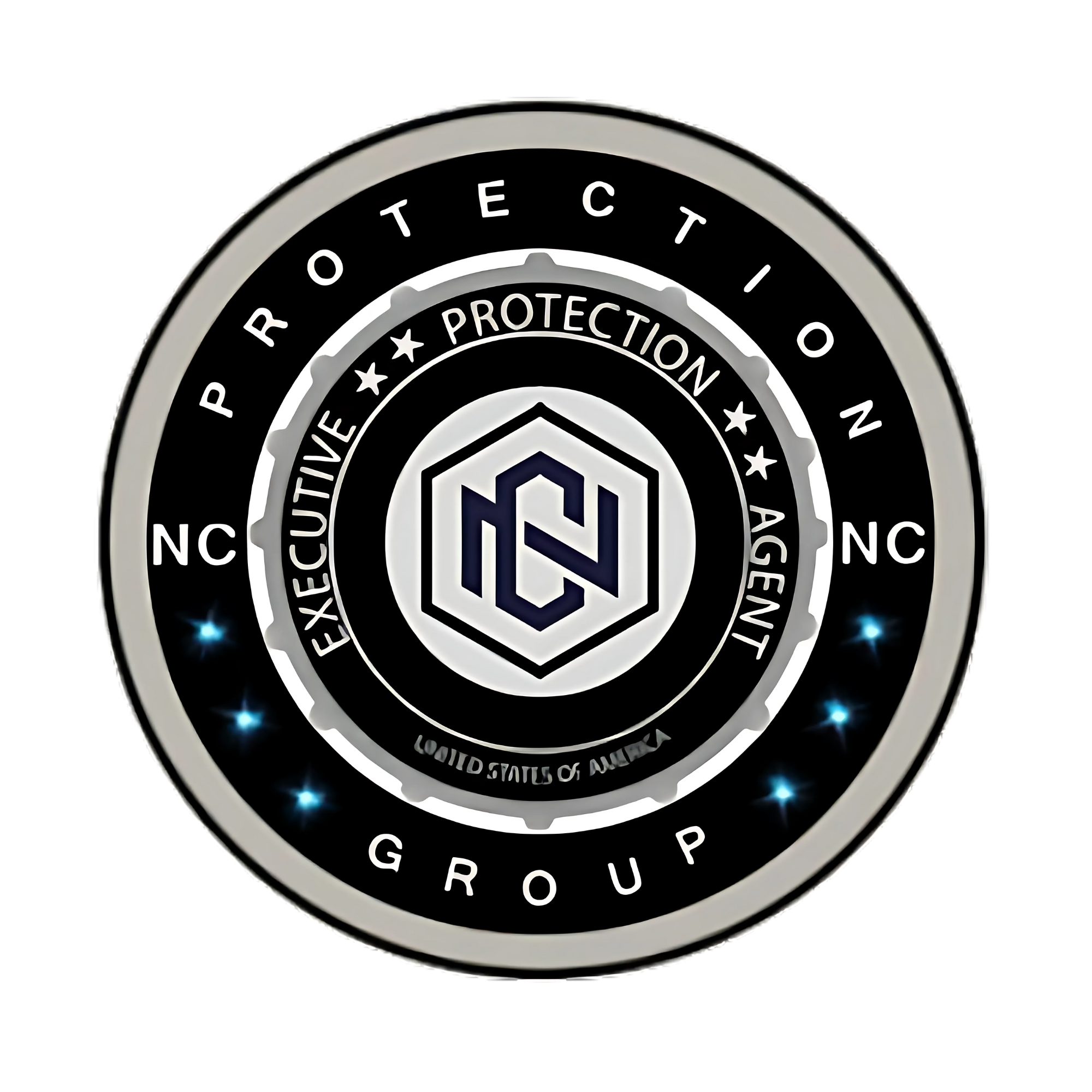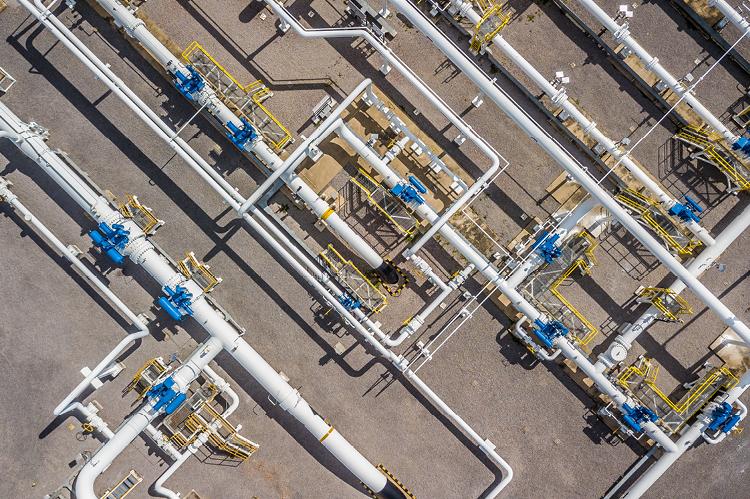GAS and Pipeline Safety
The Natural Gas Pipeline Safety Section conducts and carries out inspection and monitoring of all the natural gas pipeline systems operating in North Carolina. This responsibility was given to the Commission in North Carolina General Statutes 62‑50. G.S. 62-50(c) authorizes the Commission to enter into agreements with the United States Department of Transportation to regulate and inspect the safety standards of all natural gas pipelines in the state. The statuary basis for the federal pipeline safety program is found in Chapter 601 of Title 49, United States Code, pursuant to the Natural Gas Pipeline Safety Act of 1968. The Pipeline Safety Section conducts annual inspections on all of the jurisdictional operators in the State of North Carolina.
As part of the annual safety inspections, the Pipeline Safety Section conducts inspections involving integrity management, operator qualification, operations, maintenance, construction, drug and alcohol, and public awareness on the natural gas operators in North Carolina to ensure compliance with the Pipeline Safety Regulations. Incident investigations are also conducted as necessary.
Just a few details from the Handbook For Excavators
1. Call Before You Dig
State law requires excavators to notify area utilities before
digging. So simply dial 811 or visit the NC811 web portal at
nc811.org before beginning any excavation work. At no charge,
NC 811 will notify all member utilities, including Dominion
Energy North Carolina. Upon notification, we will dispatch a
representative to locate and mark company-owned underground
natural gas facilities. When an excavator’s locate request is
received by NC 811, utilities have three working days from
12:01 a.m. of the next business day to mark their underground
facilities. For example, if you want to dig on Friday, you should
submit your locate request to NC 811 on Monday. Locate
markings are valid for 15 business days starting on the day you
call in the locate request. You should call NC 811 on the 12th
business day to request a new locate if you are not sure that
your work will be complete by the end of the 15th business
day. In the event the markings are destroyed before completion
of your work, you should call NC 811 to request a new locate.
Remember, calling before you dig doesn’t cost a thing, but not
calling could result in property damage or serious injury.
So make the call, and remember these four simple steps:
• Call NC 811.
• Wait for the site to be marked.
• Respect and maintain the marks.
• Dig with care.
2. “Give Us a Hand” Around the Buried Facilities
Before you can safely cross or work in close proximity to an
underground utility, you must first verify its depth. Flags and
locator marks tell you the direction the utility is running, but
not how deep it is buried. Use proper hand digging tools and
techniques to safely verify the depth of any buried utilities in
close proximity to your planned excavation. The only way to be
sure of utility depth is to physically expose it. When working within
the utility marking tolerance zone, use hand digging or
vacuum excavation techniques to spot and expose pipelines and
other underground utilities. In North Carolina, the tolerance zone
is 24 inches on either side of the utility locate marks. Excavators
are responsible for finding and avoiding all facilities down to the
depth they are working.
3. Protect Exposed Facilities
Notify us and 811 whenever gas facilities are exposed. Adequate
support must be provided for our facilities including, but not
limited to, shoring, temporary bridging, suspension supports, and
proper backfilling under and around facilities. We can suggest
methods for the design of support facilities.
4. Blasting
Whenever blasting may be necessary, make sure Dominion
Energy North Carolina is aware so special precautions can
be taken. Explosive detonations near our pipelines are not
permissible without an engineering analysis and written approval
from us. If approved, our representatives may be required on
site to monitor blasting activities and perform surveys for leaks
before and after the blast.
5. Know the Warning Signs for Gas Leaks
• Dirt blowing from the ground into the air.
• Continuous bubbling or water being blown into the air at a
lake, river or any wet area over or near a pipeline.
• Fire coming from the ground or an explosion near a pipeline.
• Dead or discolored vegetation in an area of otherwise
healthy vegetation.
• Unusual noises coming from your gas equipment.
• A hissing, whistling or roaring sound along or near
a pipeline.
• A pungent odor similar to that of rotten eggs or sulfur.
6. Damaged Facilities
Notify us immediately at 1-877-776-2427 if you make contact
with a Dominion Energy pipeline — no matter how minor the
damage is. The damage at the point of contact may appear slight
or unnoticeable, but may have placed stress on the pipeline,
damaged protective coatings or caused damage elsewhere in the
facility. Do not try to fix or repair the damage. Do not cover it or
hide it.
As soon as we’re notified, a representative will be dispatched
to inspect the damage and make or arrange for any repair(s) that
may be necessary.
7. If Damage Involves a Leak
• Eliminate any source of ignition from the area. Do not
turn on or off a light switch, light a match, start or stop an
engine, use any type of phone or operate anything that may
create a spark.
• Leave the area immediately and move to a safe location
upwind of the leak.
• Warn others to stay away.
• Call us at 1-877-776-2427 and 911 from a safe location.
• Do not attempt to repair a leak.
• Do not attempt to operate pipeline valves.
• Do not attempt to extinguish a natural gas fire.
You may consider hire a company of experts for Safety and Security for gas pipeline protection. Contact a specialist at NC Protection Group today 919-886-NCPG (6274)




